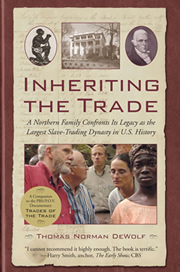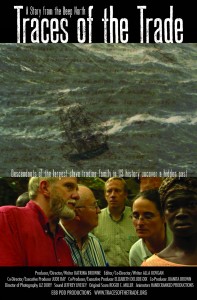On the occasion of July 4th, I write to commend to the readers of this blog the landmark 1852 speech by Frederick Douglass entitled, “The Meaning of July Fourth for the Negro” (or “What to the Slave is the Fourth of July?”).
Read casually, this oft-cited speech can easily be misinterpreted in the same way as Rev. Jeremiah Wright’s famous sermon was: as a condemnation of all that the United States stands for. A close reading of both orations, however, reveals that while they brutally acknowledge the nation’s shortcomings, they also take pains to praise its strengths and, especially, its ability to improve itself with each successive generation:
Fellow Citizens, I am not wanting in respect for the fathers of this republic. The signers of the Declaration of Independence were brave men. They were great men, too ….
Your high independence only reveals the immeasurable distance between us. The blessings in which you, this day, rejoice, are not enjoyed in common.
The sunlight that brought light and healing to you, has brought stripes and death to me. This Fourth July is yours, not mine.
Fellow-citizens, above your national, tumultuous joy, I hear the mournful wail of millions! whose chains, heavy and grievous yesterday, are, to-day, rendered more intolerable by the jubilee shouts that reach them.
To forget them, to pass lightly over their wrongs, and to chime in with the popular theme, would be treason most scandalous and shocking, and would make me a reproach before God and the world.
But I fancy I hear some one of my audience say, “It is just in this circumstance that you and your brother abolitionists fail to make a favorable impression on the public mind. Would you argue more, an denounce less; would you persuade more, and rebuke less; your cause would be much more likely to succeed.”
At a time like this, scorching irony, not convincing argument, is needed. … For it is not light that is needed, but fire; it is not the gentle shower, but thunder. We need the storm, the whirlwind, and the earthquake. The feeling of the nation must be quickened; the conscience of the nation must be roused; the propriety of the nation must be startled; the hypocrisy of the nation must be exposed ….
Allow me to say, in conclusion, notwithstanding the dark picture I have this day presented, of the state of the nation, I do not despair of this country. There are forces in operation which must inevitably work the downfall of slavery.
I, therefore, leave off where I began, with hope.
These are short excerpts. For the full speech, see here.
Update: David Harris, of the Charles Hamilton Houston Institute for Race and Justice at Harvard Law School, a colleague of Professor Charles Ogletree and a longtime supporter of Traces of the Trade, has an provocative op-ed in this morning’s Boston Globe which discusses how public readings of this speech today can foster dialogue about issues of race.
 Regular readers of this blog know that my distant cousin, Tom DeWolf, has written a book about our slave-trading ancestors, the D’Wolf family of Bristol, Rhode Island, and our journey to explore the legacy of their slave trading today.
Regular readers of this blog know that my distant cousin, Tom DeWolf, has written a book about our slave-trading ancestors, the D’Wolf family of Bristol, Rhode Island, and our journey to explore the legacy of their slave trading today.
 My cousin Katrina Browne has a commentary up this afternoon at CNN.com, entitled “
My cousin Katrina Browne has a commentary up this afternoon at CNN.com, entitled “
